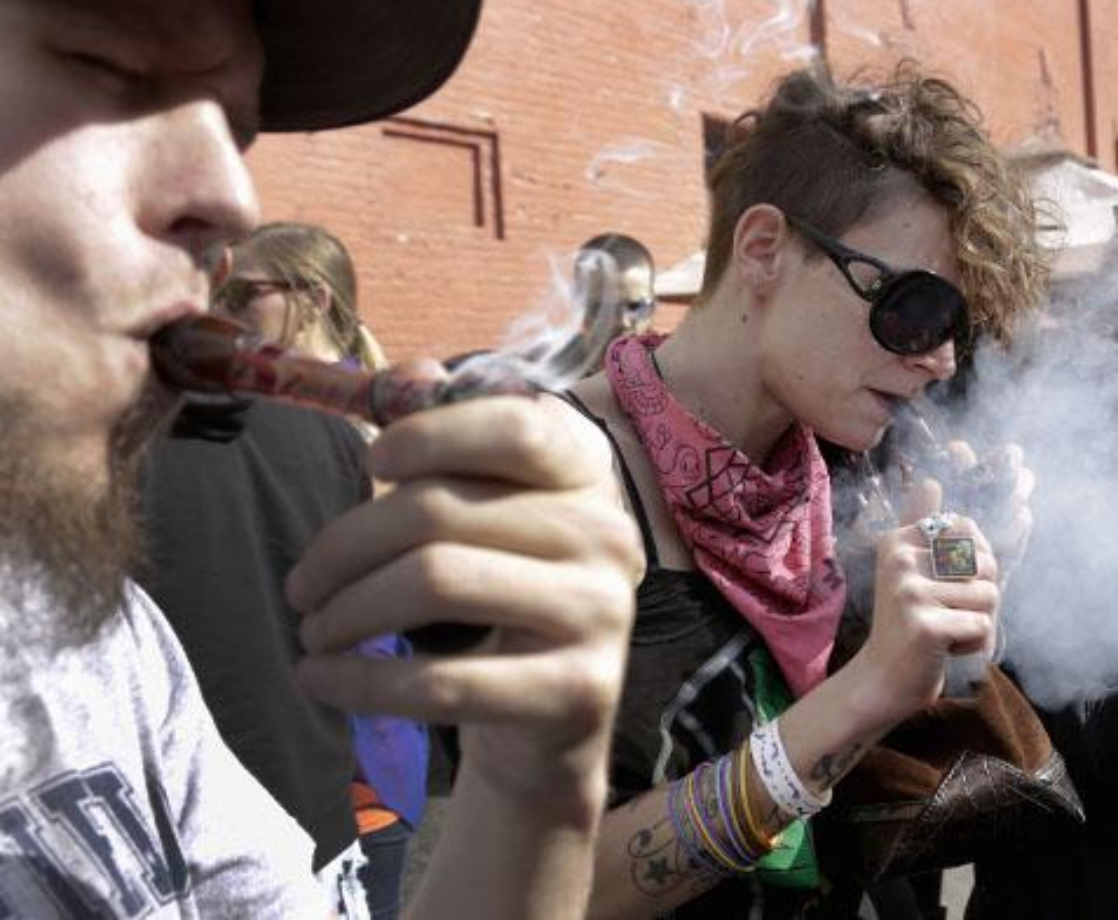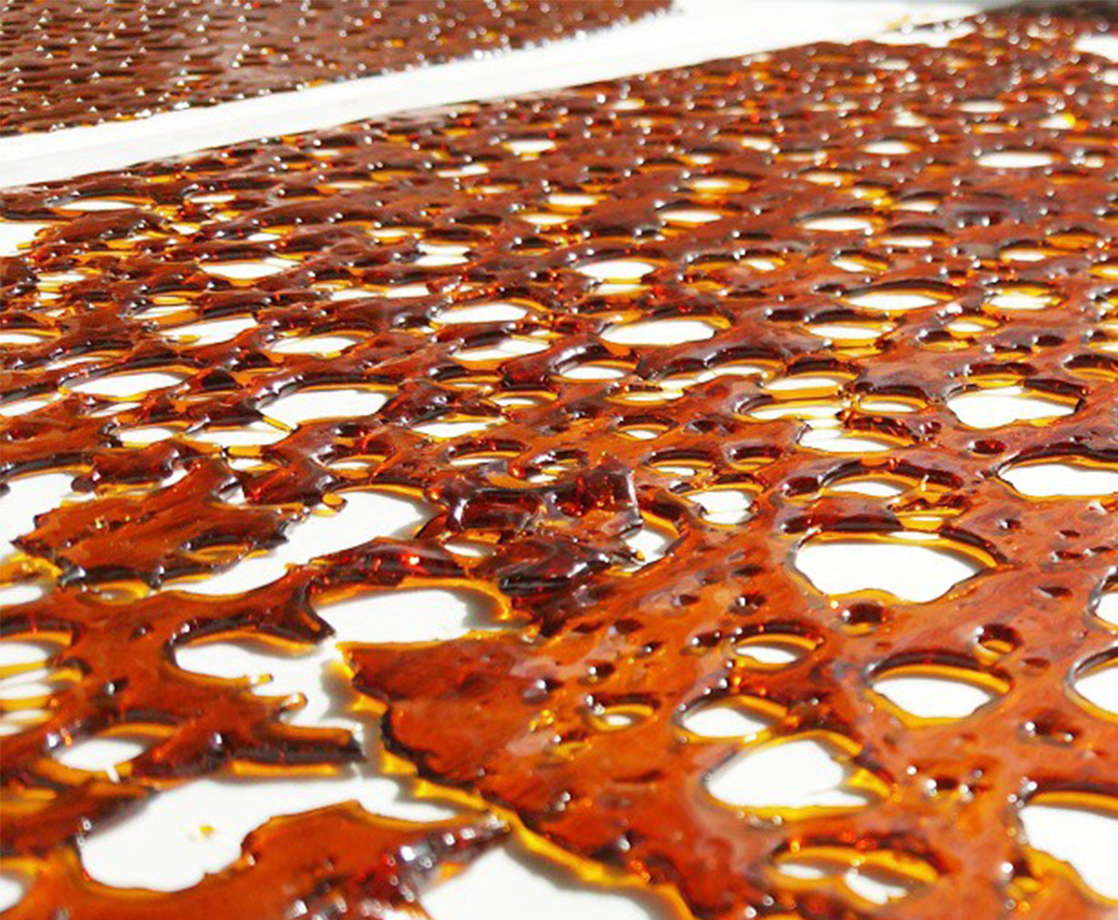In a new annual report, the Massachusetts Cannabis Control Commission (CCC) has voiced concerns that an excess of legal weed retailers could lead to an increase in problematic pot use.
In its new “Baseline Review and Assessment” report, the CCC notes that “limiting access to retail cannabis stores may be a prevention tool.” The report cites prior research noting that limiting the density of alcohol and tobacco stores can reduce usage of those addictive drugs, but similar research on legal weed shop density has been mixed.
The report cites one study from Washington State which found that adults who lived within 18 miles of a weed shop used cannabis more often, and that frequent pot use increased even more among adults who lived within 0.8 miles of a pot shop. The report also cites research showing that adult-use stores are more likely to be located in lower-income neighborhoods with higher proportions of racial and ethnic minorities.
For these reasons, the report suggests that “careful monitoring of the impacts of cannabis retail store density remains critical, particularly to prevent perpetuation of harms to communities disproportionately affected by prohibition and enforcement.” The CCC, however, has not recommended any specific plan for limiting the density of cannabis stores.
But is limiting legal access to cannabis really the answer? It’s likely too early to tell, considering that Massachusetts’ first legal pot shop opened at the end of 2018 and the state experienced a slow rollout of legal sales. There are currently only 34 legal pot shops in the entire state, and two of the state’s largest cities, Boston and Cambridge, have yet to open any legal weed stores. State law also allows individual municipalities to “opt out” of allowing weed businesses in their towns, and many local governments have chosen to do just that. So, accessability is already a bit of a problem.
Another major issue that legal adult-use markets face is competition from black market weed dealers, who can offer cheaper prices by selling tax-free, untested products. Independent researchers have predicted that it will take years for Massachusetts to kill off its illicit pot market, but the CCC is positive that legal sales will eventually win out in the end.
The new report cites prior research showing that cannabis customers prefer to purchase weed legally, even at higher prices, but only up to a point. If legal pot prices climb too high above black market prices, legal customers will return to illegal dealers.
Jim Borghesani, who led the successful effort to bring adult-use to the Bay State in 2016, believes that the state’s legal pot industry must find the right balance of prices in order to succeed. “It’s being shown that people are willing to pay more for a safe buying experience,” he told the Boston Herald. “Supply will ultimately equal demand, but we’re not there yet.”
Borghesani also argues against raising weed taxes — which are as high as 20 percent in some towns — in order to keep legal pot prices competitive with the black market.
In addition to these concerns, the CCC report also details the successes of the state’s adult-use industry. In the first year of legal sales, licensed cultivators grew 371,596 legal pot plants, and licensed retailers sold $394.3 million worth of weed. Sales have continued to grow over the winter, and gross sales already topped $500 million at the beginning of this month.











